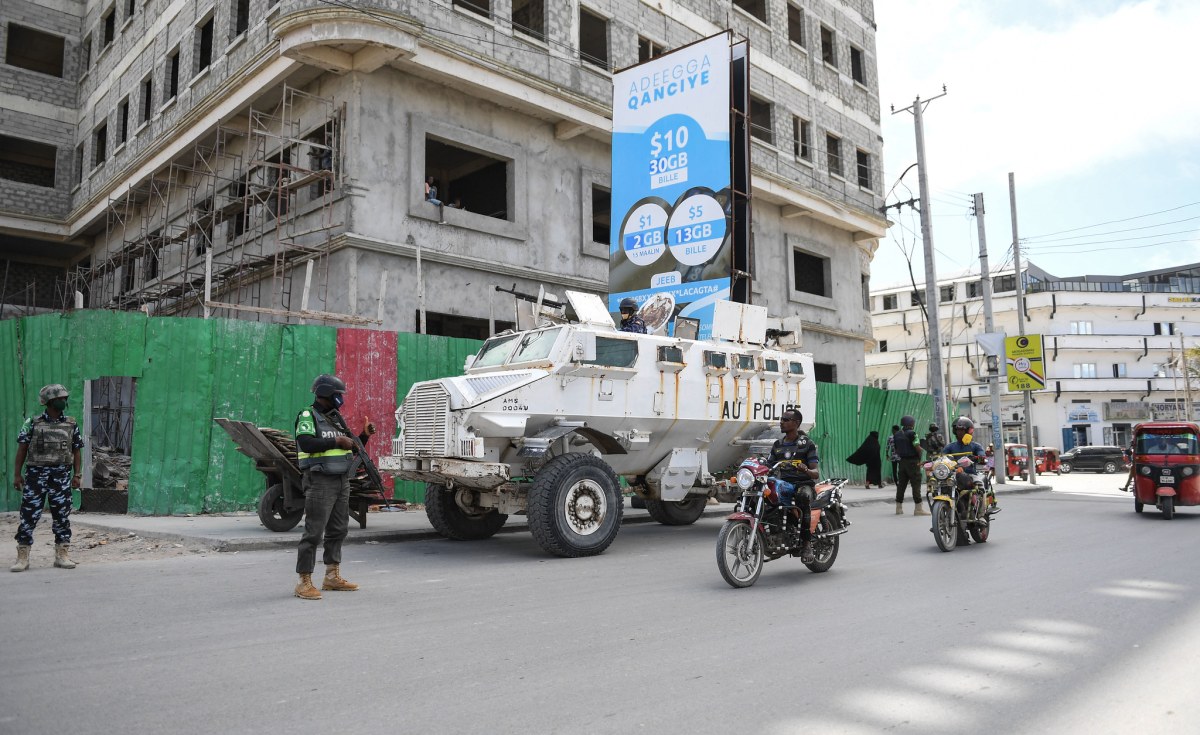File photo: Public Utilities Minister Marvin Gonzales.
AND PAULA LINDO
MINISTER of Public Utilities Marvin Gonzales flatly denied that any Canadian company had been contracted to carry out the restructuring of WASA. He was addressing a briefing on Monday at his ministry in Port of Spain to reply to claims made by Oropouche East MP Dr Roodal Moonilal at a UNC briefing on Sunday.
Gonzales alleged misinformation and untruths from the Opposition. “I was flabbergasted.” He accused the Opposition of an immoral attempt to mislead the population.
In contrast, he viewed his oaths as MP and minister as obliging him to tell the truth to TT’s citizens and to act with “dignity, honesty and truthfulness.”
He said the Prime Minister had named him to chair a Cabinet subcommittee on WASA whose findings were laid in Parliament, with no one – trade unions nor Opposition – having objected to the report’s findings at that time, as he wondered why objections had now arisen. Gonzales said the Government had not pulled a transformation plan from a hat, but had laid the report in Parliament.
Now, a new subcommittee, under Planning Minister Pennelope Beckles, will work with the commissioners of WASA to come up with a transformation plan, he said.
Saying the Government had put $25 billion into WASA in the past 12 years, he rejected the PSA’s claims the Government had starved WASA.
Despite that, he admitted that there was “no location” in the country which did not have a water-supply challenge, even as he lamented declining levels of service nationwide.
He said the former People’s Partnership government had proposed to restructure WASA, but had not done so. This plan had proposed a steady reduction in staff over several years to ultimately drop from 4,634 to 2,345 workers, managers to drop from 256 to 37 staff, and reductions for technical officers and administrative staff.
Gonzales said, if the former government had stuck with that plan, a restructuring challenge would not now face the Government which must now do “a very difficult transformation.”
He said it was untrue for Moonilal to say TT had 50,000 leaks but in fact the figure was 3,000 leaks which he said would be fixed by the end of next month. Denying Moonilal’s claim that a group of new managers was now being trained to take over WASA, he wondered if the MP had erroneously referred to a group of OJT’s now under training for employment.
Speaking at the UNC’s weekly Monday Night Forum, Moonilal referred to a Guardian article on March 9, 2022, where Gonzales had stated that a memorandum of understanding had been signed with a Canadian company to provide modular water treatment plants.
See also
“Yesterday (Sunday) I told him to tell us whether you have recruited a Canadian company to participate in the transformation of the water sector and WASA. He put in the statement today (Monday) that he’s baffled. But I have here an article that says ‘Modulated Water Plants Coming To Improve Water Supply – Gonzales’ where he appeared at a conversation with the PM. The fellow said today we didn’t sign anything with a Canadian company.
“He continued in the article to say they would continue to invest in the company, modern technology, to transform the collection and distribution of water. So Mr Gonzales tell me, were you lying at the conversations with the PM or were you lying on Monday?”
Moonilal said an IDB loan taken by the Partnership and referenced by Gonzales was partially taken in order to offer VSEP packages to workers.
“The loan didn’t have to do with the overall restructuring of WASA as the minister made us believe, it had to do with wastewater treatment plants in San Fernando and Malabar.
“We confirmed that part of the conditionality of this, was part of the loan was for what is called VSEP – volunatry separation of employment programme – not mandatory, not firing people, not sending them home. This US$11 million had to do with the VSEP programme, but the minister said today that part of the loan was to send home people.
“It was a voluntary programme, this fellow doesn’t understand the difference between voluntary and involuntary. It was never a programme to force people to go home, it was a programme to negotiate with the unions to reduce if possible through VSEP.”





















Discussion about this post